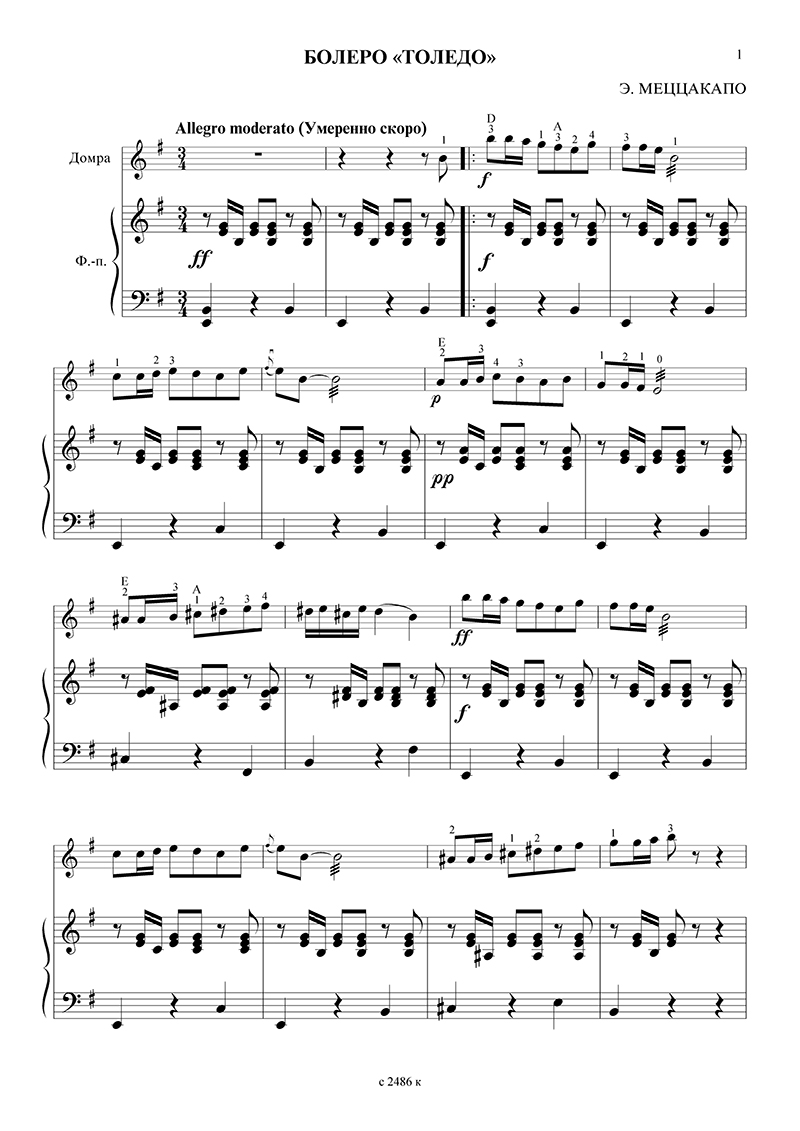Tamarin Starinnij Gobelen Noti Dlya Fortepiano
Please send all general questions by e-mail to utl@utl.is Only an applicant or his authorized representative can get information about an application‘s status.
Copyright © 2019 Symantec Corporation. All rights reserved.
Symantec, the Symantec Logo, the Checkmark Logo, Norton, Norton by Symantec, LifeLock, and the LockMan Logo are trademarks or registered trademarks of Symantec Corporation or its affiliates in the United States and other countries. Firefox is a trademark of Mozilla Foundation. Google Chrome and Android are trademarks of Google, LLC.
Mac, iPhone and iPad are trademarks of Apple Inc. Microsoft and the Windows logo are trademarks of Microsoft Corporation in the United States and/or other countries.
-kupit-kuvaldu-na-8kg-dlya-drobleniya-kamnej/video/ 2017-07-15 weekly 1.0. 1.0 2017-07-24. 2013-12-11T08:27:26+00:00 daily 1.0. Trains on 2 ways. Trainz: Trains, Jumps, and Crashes. Central Penn Rail Productions 6 years ago 2012-06-05. After the NS 8102 and F-units were. Trainz downloads. Undead corporation - 渦 Undead corporation - the wrath Unomas - i want u (extended mix) Unomas - i want u Undead corporation - track 12 Unholy union.
The Android robot is reproduced and/or modified from work created and shared by Google and used according to terms described in the Creative Commons 3.0 Attribution License. Other company names and product names are registered trademarks or trademarks of each company.

What Is Interventionism? By George Reisman I nterventionism is any act of government that both represents the initiation of physical force and, at the same time, stops short of imposing an all-round socialist economic system, in which production takes place entirely, or at least characteristically, at the initiative of the government.
In contrast to socialism, interventionism is a system in which production continues to take place characteristically, at the initiative of private individuals, including private corporations, and is motivated by the desire to earn private profit. Interventionism exists in the framework of a market economy, though, as von Mises puts it, such a market economy is a hampered market economy. Many countries often thought to be socialist, either now or in the past, such as Sweden, Israel, and Britain under the old Labor Party, should be thought of as hampered market economies instead. For production in those countries characteristically takes place, or did take place, at private initiative, motivated by private profit. The effect of the very extensive interventionism in those countries was or is to prevent people from doing many, many things they would have done had they been free to do them and to compel them to do many, many things they would not have done had they not been compelled to do them. But within those confines, matters pertaining to production were and are characteristically still decided by private individuals, motivated by the prospect of making profits and avoiding losses.
Thus, it is still private initiative, motivated by private profit, that animates and drives the economy of those countries. The fact that the ruling political party in such countries may call itself socialist and support the philosophy of socialism is not sufficient to make them socialist countries in fact. The only genuinely socialist countries that have existed have been the Soviet Union and its East European satellites, Communist China and its satellites, Cuba, and also, very importantly, Nazi Germany. Mises explains that Nazi Germany was a socialist state by virtue of the existence of all-round price controls and the consequent shortages they create. In response to the existence of shortages and the economic chaos that accompanies them, the government takes control of all fundamental decisions concerning production, such as what is produced, in what quantities, by what methods, and who is to get the resulting product. Mises call such socialism, socialism on the German or Nazi pattern, to distinguish it from the obvious socialism of the Soviets, in which all means of production are openly nationalized, and which he calls socialism on the Russian or Bolshevik pattern. Socialism on the German pattern is deceptive and often mistakenly characterized as capitalism because it maintains the outward form and appearance of private ownership of the means of production and thus of capitalism.
However, under German-style socialism, private ownership exists in name only. The power to make all the substantive decisions that constitutes the essence of ownership is in the hands of the government and is exercised by the government. Socialism on the German or Nazi pattern is de facto socialism. Hopefully, the distinction between interventionism and socialism is now clear. However, it is also necessary to distinguish interventionism from proper, legitimate government action, which does not represent interventionism. All government action, good and bad, represents the use of physical force. There is an expression in Latin, 'nulla lege sine poena'—which means, in translation, 'there is no law without punishment.'
